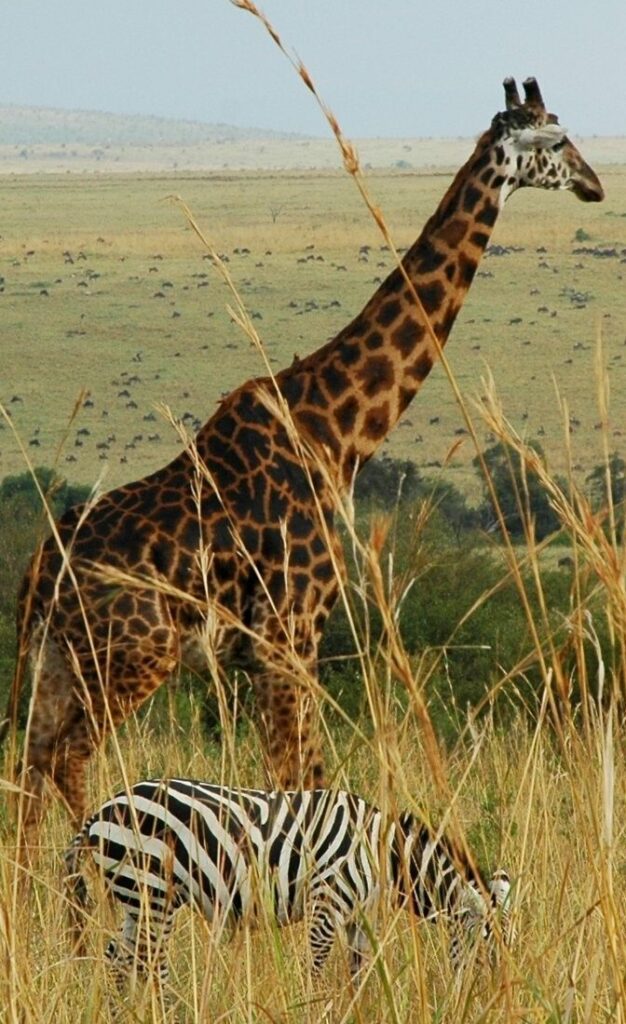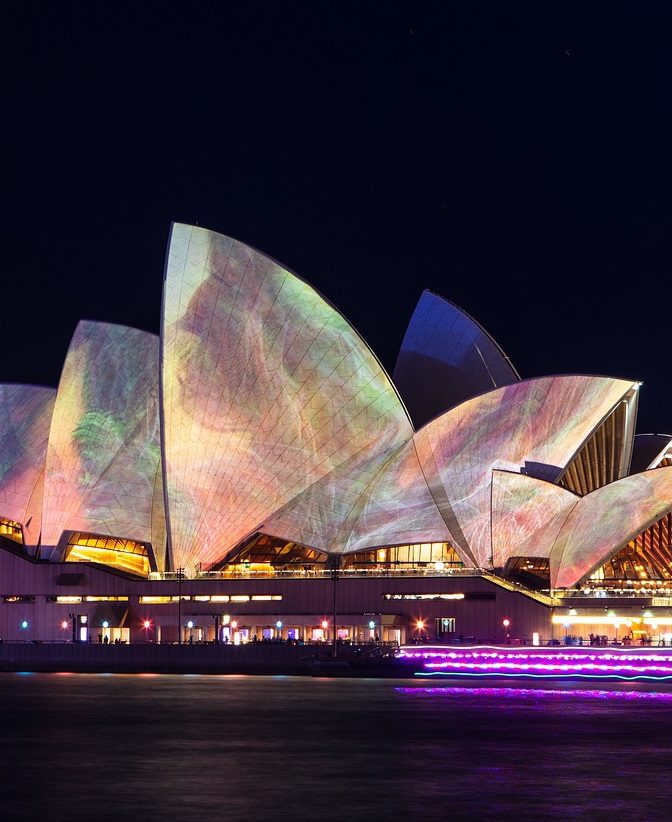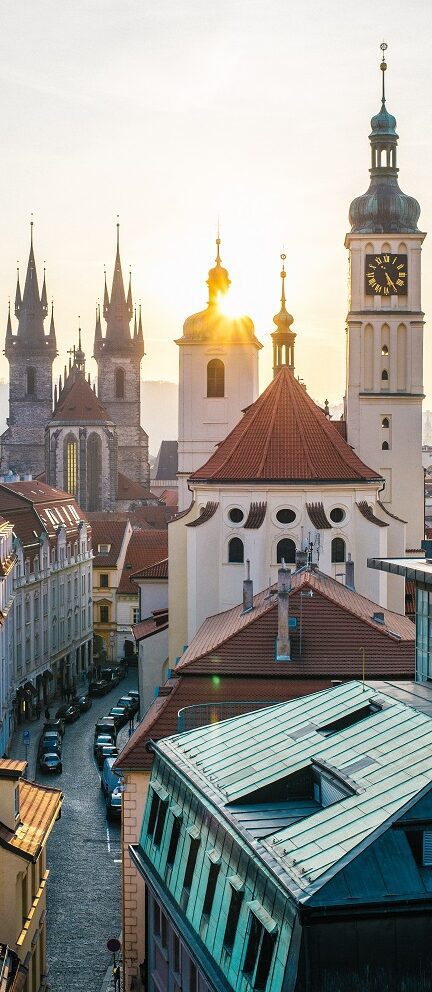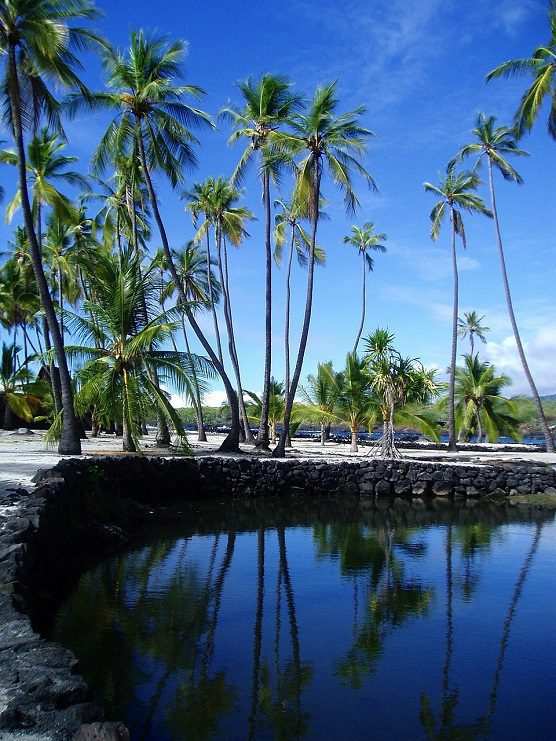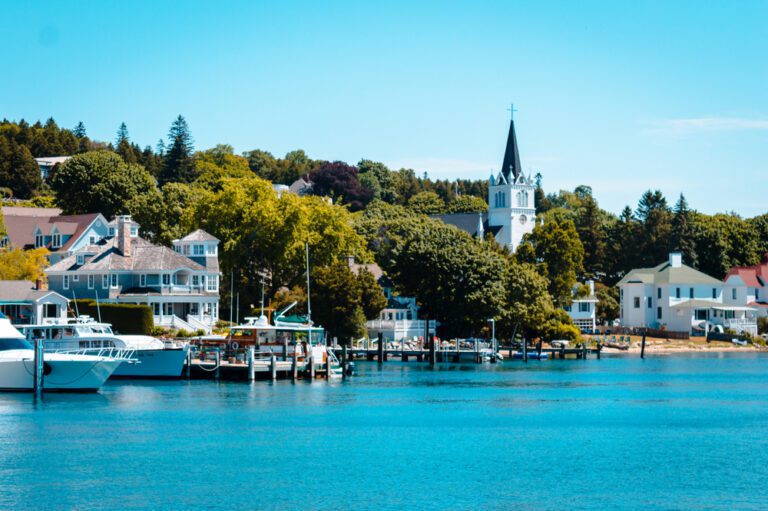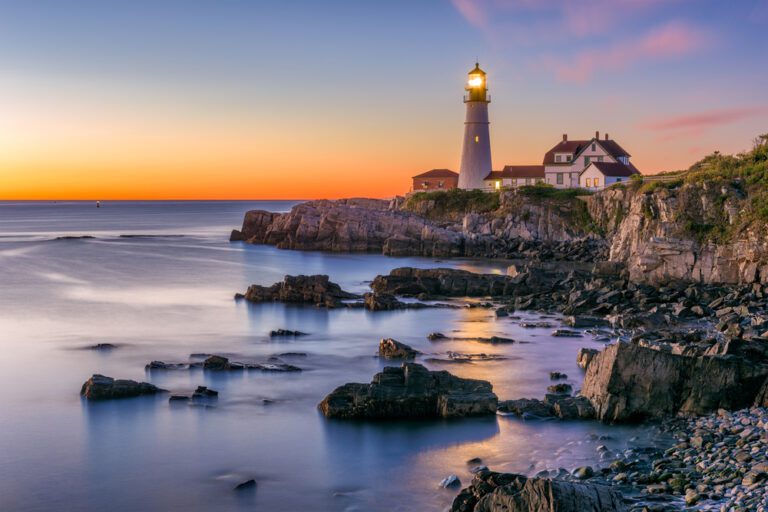
10
Jun
5 Stunning Senior-Friendly Destinations That Are Also Low-Cost
Need some new ideas for your next trip? Consider these senior-friendly destinations! Many retirees look forward to their golden years
by
R. C.
0 Comments

29
May
12 Charming American Destinations to Take You Back in Time
These charming American destinations will transport you to a different era! Where will you be going on YOUR next vacation?
by
R. C.
1 Comments

28
May
7 Best Free or Low-Cost San Francisco Attractions, According to Locals
When you read about all these low-cost San Francisco attractions, you won't want to leave! San Francisco is considered one
by
R. C.
0 Comments

27
May
7 Beautiful Low-Cost July Destinations You’ll Want to Visit in the US
Wondering where to go this summer? Check out these low-cost July destinations! The arrival of July only means one thing...
by
R. C.
0 Comments

22
May
11 Hidden Travel Expenses to Avoid on Your Next Trip
Before you book your next trip, consider these hidden travel expenses first! While it may be true that traveling enriches
by
R. C.
0 Comments

19
May
6 Adorable Small Towns on the Pacific Coast You MUST SEE
Where are you planning to go on your next trip? Consider one of these small towns on the Pacific Coast!
by
R. C.
0 Comments
